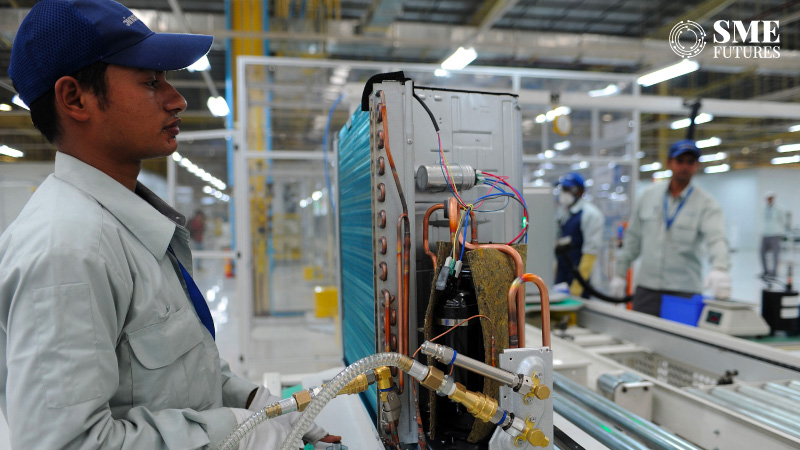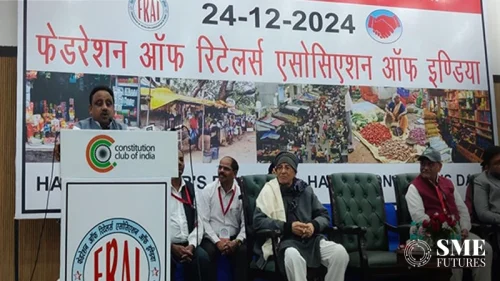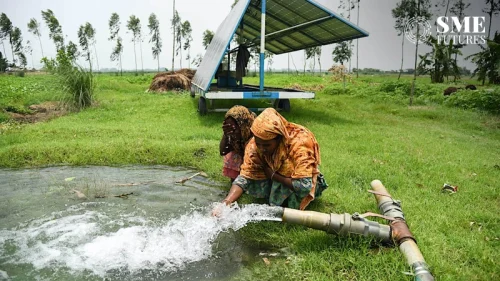Out of 64 companies that have been selected under the production-linked incentive scheme for ACs and LED lights, 15 have started commercial production, an official statement said on Tuesday.
The PLI (production-linked incentive) scheme for white goods for the manufacture of components and sub-assemblies of ACs and LED lights was approved in April 2021.
The scheme is to be implemented over a seven years period, from 2021-22 to 2028-29 and has an outlay of Rs 6,238 crore.
“Out of 64 selected beneficiaries, 15 beneficiaries, who have opted for the gestation period up to 31st March 2022, have started commercial production,” the department for promotion of industry and internal trade (DPIIT) said.
Rest of the firms, it said which have opted for a gestation period up to 31st March 2023 are at different stages of implementation.
The department also said that certain changes have been made in the guidelines of the scheme on the basis of various requests and suggestions received from selected companies and industry associations.
The aim was to simplify the operation of the scheme as well as to improve the ease of doing business, it said.
It has been decided to adopt a cost-plus method in place of a comparable uncontrolled price method for the calculation of sales prices in case of captive consumption or supplies to group companies.
The department has also allowed one more year over and above two years, permitted to companies inform about the establishment of additional manufacturing facilities.
It has revised the last date for submission of filing the claim and refund of excess incentive on account of the discrepancy between statutory compliance and records provided at the time of filing of claims.
Further, it said that the administrative ministry can visit the manufacturing facilities to review the scheme’s progress.
It added that spending in the Tool room for manufacturing of mould and dies would be considered as eligible investment under the capital investment definition for the scheme, and the bank guarantee would be rolled over before the expiry of the existing bank guarantee during the tenure of the scheme.











